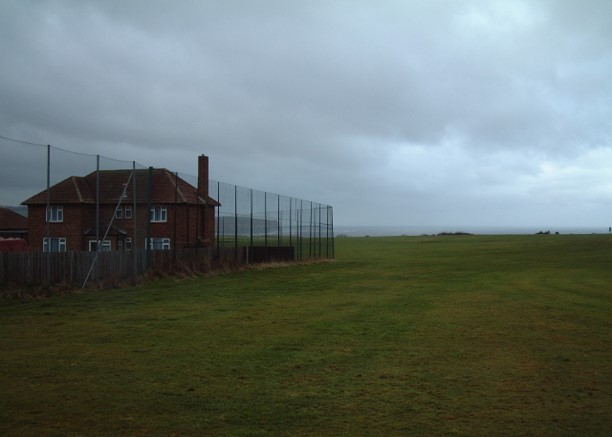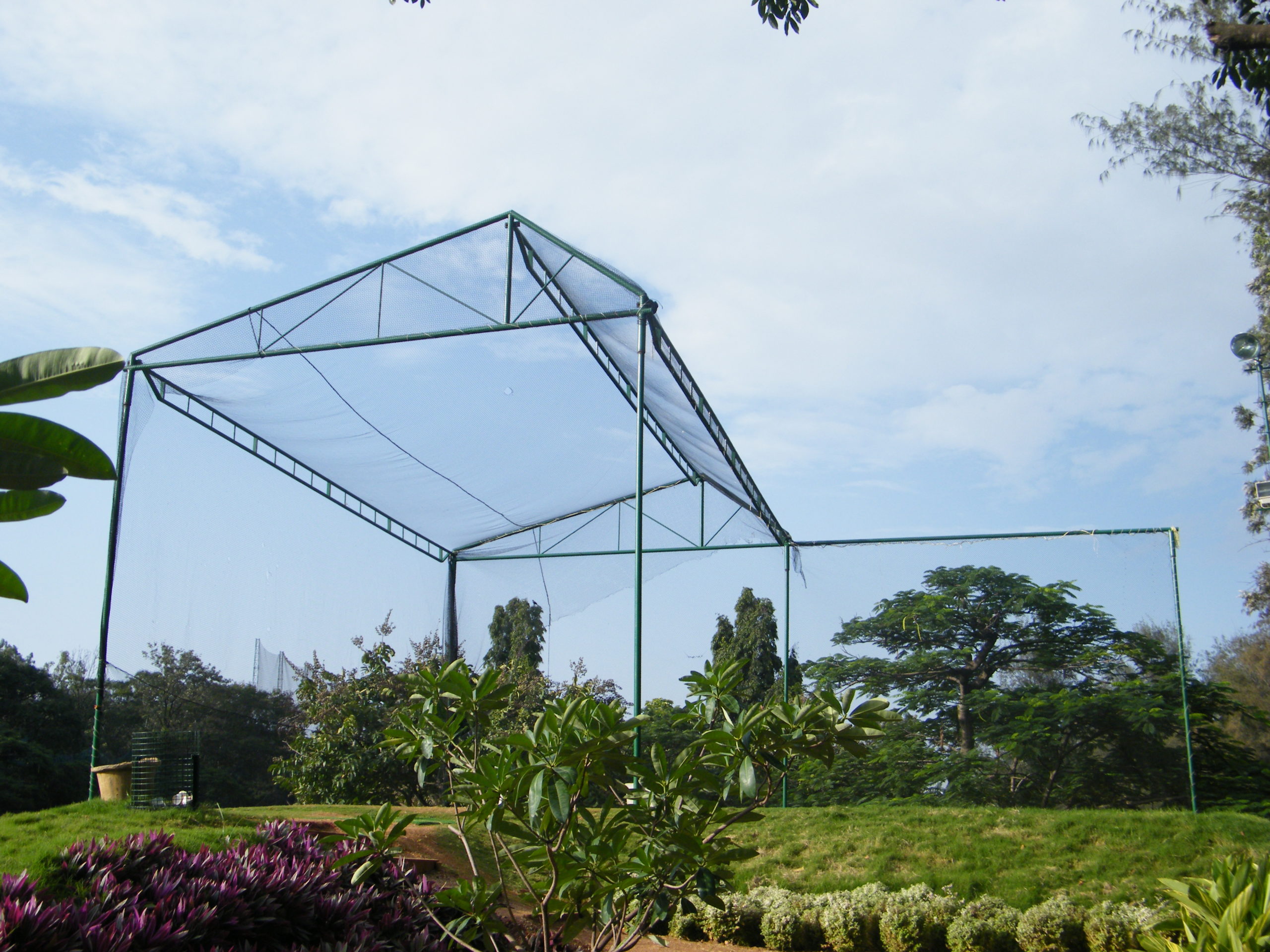Since the restart of professional golf there has been a lot of discussion around driving distances. It’s been amazing to see just how far the pros can hit the ball. And the carry distances …wow! The ‘Bryson Factor’ has certainly added some excitement to these first few tournaments. Golf balls are flying faster, higher and further than ever before, and it makes for quite a spectacle, writes Howard Swan.
There are a lot of theories about what is causing the increase in distances, whether that ‘s improved player technique or fitness or improvements in golf ball or club technology. We’ ve got our opinions, but we certainly wouldn’t be claiming to know the definitive answer. However, what we do know is that it is having an impact on how golf courses are played – by tour professionals and also by the rest of us – and it’s not entirely positive.

Now, we feel it’s important to say here that we are not against long hitting. Being able to hit the ball a long way is a great skill and one that should be rewarded when it is well executed. Professional golf has always had its fair share of long hitters in the same way as some of us amateurs hit further than others, but it’s never been the case that being length off the tee directly correlates with success . The trick is to combine such long hitting with the other key skills , not least accuracy .
Having said that, we are increasingly concerned about how the ability to hit the ball further is affecting our golf courses – not in terms of scoring but in terms of safety.
The hard truth is that golf can be a dangerous game. Golf balls can cause significant damage to people and property.
We know this anecdotally – we ‘ re sure we ‘ ve all heard stories about people getting hit – and also from having worked as an expert witness on litigation relating to errant golf shots. At the lower end of the scale windows are broken, roof tiles are cracked, and cars are dented. We wouldn’t say that these are trivial, but at least they can be repaired. My greatest concern is when people are injured, as often these injuries are not so easily overcome.
The golfing community has a responsibility to make sure that the game is safe. It could be argued that golf’s various governing bodies could play a more active role in ensuring golf does not become more dangerous. Certainly , if the game embraced a roll-back on ball and club technology so that distances and trajectories reverted to those of the not-so-distant past that would help reduce the dangers of being on or adjacent to golf courses.
Unfortunately, I am not convinced that such action will be forthcoming. In the meantime, it’s up to golfers, golf clubs and the rest of the golf industry to do everything possible to protect the game.

The primary responsibility is on golfers to ensure their golf shots will not cause injury or damage , but it is also the responsibility of golf course operators (private members’ , proprietary or municipal golf clubs) to create conditions in which this can be done. Between us we have a duty of care to both other golfers on the course, but also to those that live, work, drive or walk on or adjacent to the course.
We at Swan Golf Designs believe that prevention is better than cure, so in our work as professional golf course architects we work hard to ensure that our designs are as safe as they can possibly be. We always conduct comprehens ive safety audits and make detailed risk assessments of courses that we work on and designs that we propose. This not only protects our clients and their golfers, but also helps to prevent avoidable and costly incidents affecting third parties.
Now, in partnership with Taylor Rose LLP, we are offering a stand-alone safety audit for golf clubs. For a fixed fee we will analyse your golf course, identify and quantify any potential risks, and propose solutions which eliminate, reduce or mitigate these risks.
With over 50 years of experience in the golf industry, Swan Golf Designs is ideally placed to help golf clubs secure their future and the safety of their golfers .
For more information please see our website www.swangolfdesigns.com ,phone us on 01728 727006 or email us on enquiries@swangolfdesigns.com

